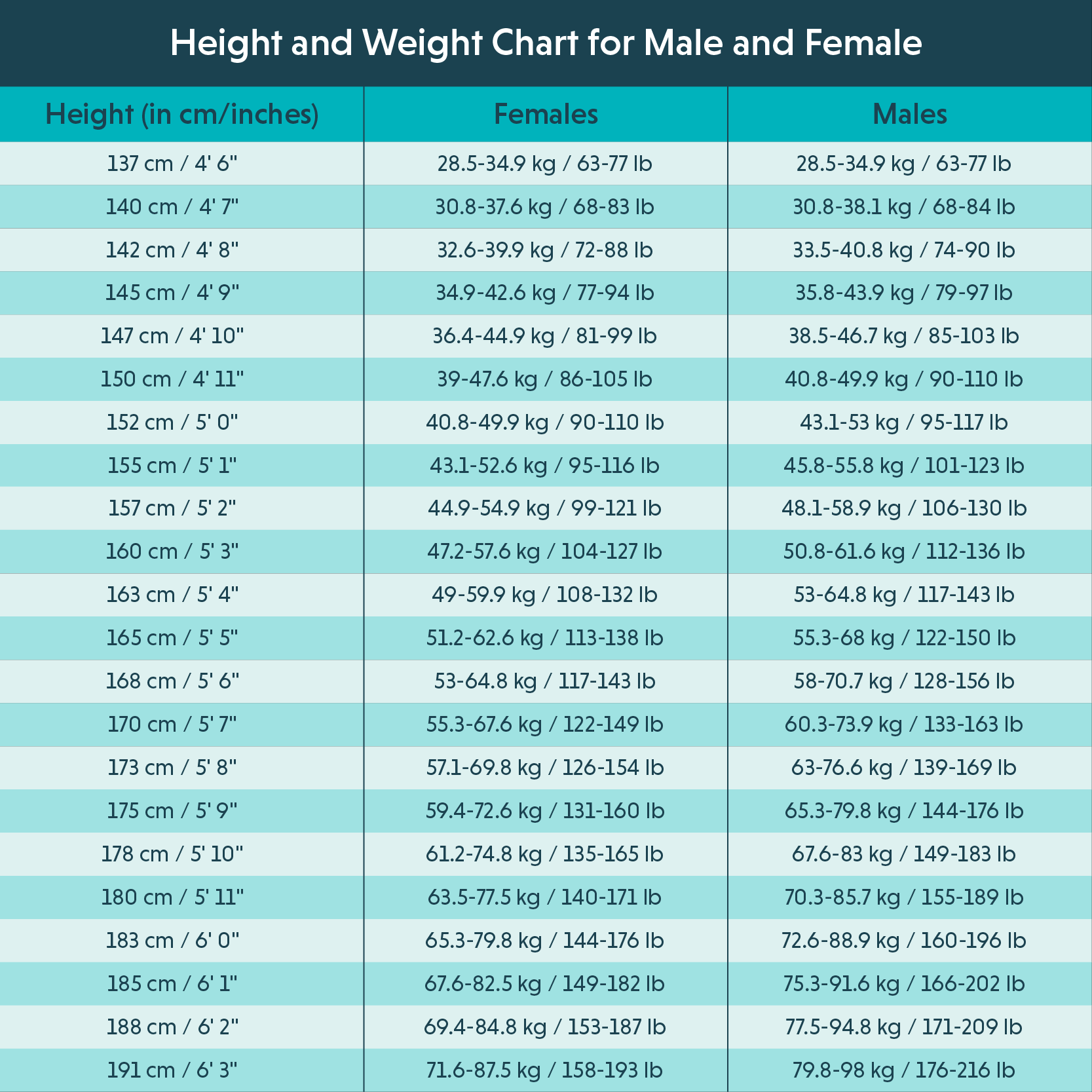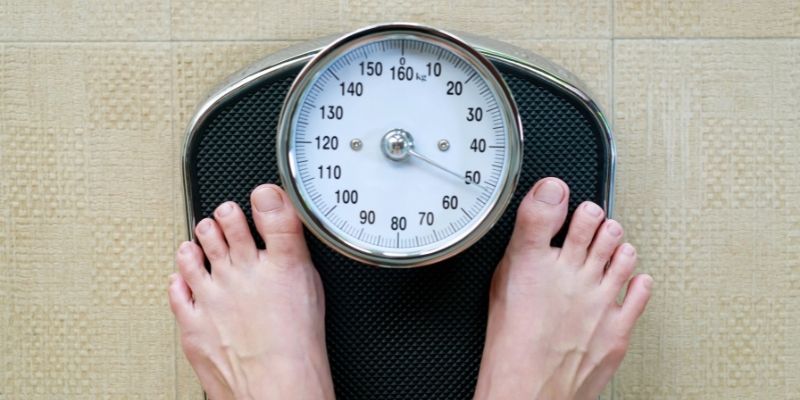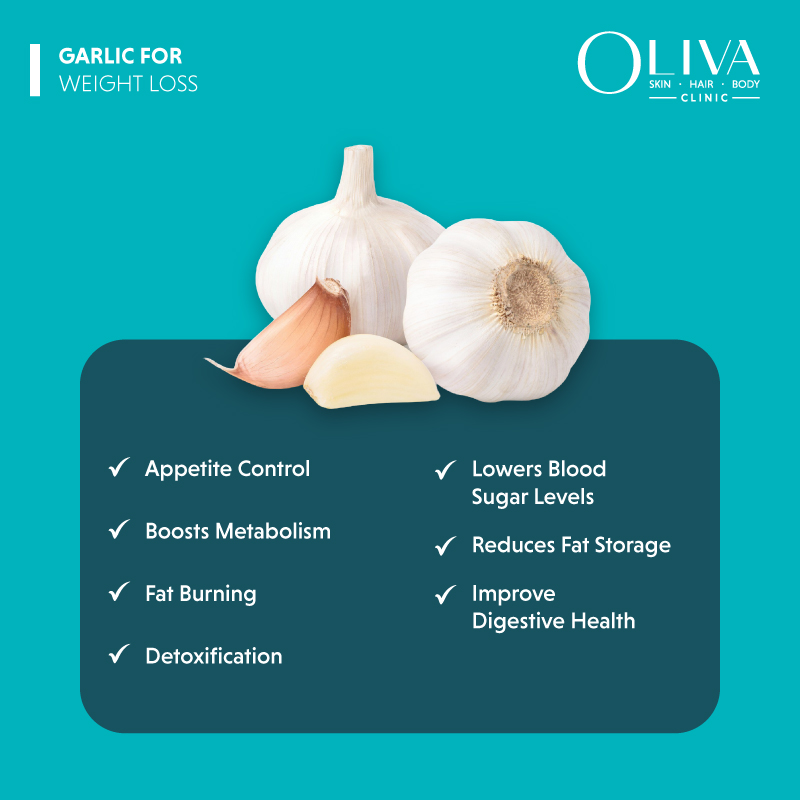What Is The Best Time To Exercise?
Is exercising in the morning more beneficial than in the afternoon? Or are evening workouts more fruitful? Amidst our busy schedules, finding the right time to exercise is often difficult. While some people find it hard to wake up early in the morning and go for a run, others may lack the will to work out in the evening. Let us read what science has to say about the perfect time for exercising and its health benefits.
Is Regular Exercise Important?
There are many benefits of exercising regularly. Here are a few of them:
• Regular exercise is a must to enjoy good health. Losing even 5 to 10 per cent of your total body weight offers multiple health benefits, such as improved control of vital parameters like blood pressure, blood cholesterol, and blood sugar levels.
• It enhances cardiovascular health, builds muscle mass, boosts the immune system, reduces stress, improves sleep and positively impacts overall well-being. According to research, doing at least 150 minutes of moderate activity such as walking or 75 minutes of vigorous exercise such as jogging or an equivalent combination of both is critical to reaching your health goal.
Now that you know the health benefits of working out, it is time to understand why it is essential to maintain your timing.
Must Read: Non-Surgical Fat Loss Treatment
Are There Any Benefits And Drawbacks Of Working Out At Different Timings?
Some research suggests that morning exercise helps individuals get a good night’s sleep and improve their productivity.
On the contrary, others indicate that the body’s performance is at its peak in the afternoon, optimising muscle function and endurance required for the workout.
Some studies also suggest that exercising in the evening is advisable based on the body’s quick reaction time.
So, let us discuss some scientifically-backed pros and cons of exercising at different times of the day and find out the best one suited to your needs.
Must Read: Exercise & Weight Loss: Surprising Myths & Facts!
Morning Exercise Regimen
Here are the pros and cons you must check out if you plan to hit the gym in the morning.
Pros:
• Benefits of morning exercise include reduced stress, lower blood pressure, better mental health, and a boost in calorie-burning.
• The body’s hormonal disposition helps improve fat’s metabolism in the early hours.
• A study suggests that women who brisk walk for 45 minutes every day find it easier to stick to better food habits than those who do not exercise.
• Another study published online in the British Journal of Nutrition says that exercising in the morning, especially on an empty stomach, helps burn 20% more body fat than following any workout regimen throughout the day.
Cons:
• An early morning workout may interrupt your deep sleep cycle and lower your productivity throughout the day if you are a night owl.
• The core body temperature is at its lowest in the morning. So, your body may take longer to warm up during the workout than during the day
• Some people may experience temporary inflexibility and muscle stiffness as they wake up in the mornings to work out.
Afternoon Workout Routine
Check out the advantages and disadvantages of a mid-day fitness program.
Pros:
• An afternoon workout between 1 and 4 pm positively impacts the body’s natural clock. Research published in the Journal of Physiology says that it helps increase focus and productivity, primarily through shifted schedules or jet lags.
• The body needs no warm-up during the afternoon. It can help in a faster workout.
• The body produces more testosterone in afternoons than mornings which is essential for greater strength and muscle gains.
• A study suggests that a late afternoon exercise routine helps the body burn more calories and enhance its power output than a workout at any other time of the day.
Cons:
• Afternoon workouts may be inconsistent as they can interfere with one’s daily responsibilities.
• Afternoon workouts may interfere with the bedtime of those who like to sleep early, and they can experience jitters.
Evening Fitness Schedule:
If you are planning to sweat it out after office hours, here are some crucial things you may consider to make an informed decision.
Pros:
• The benefits of exercising in the evening, typically between 4 and 7 pm, including your body requiring minimal time to warm up, unlike morning workouts. Your reaction time is the quickest in the evenings. Therefore, a high-intensity intermittent exercise (HIIE) may be more effective in the evening at reducing subcutaneous abdominal body fat than at any other time of the day.
• The heart rate and blood pressure are lowest during evenings, making one less prone to health complications during strenuous workouts.
• Study shows that those who are physically active and carry out resistance training exercises such as lifting weights in the late afternoons or evenings enjoy better sleep than those who work out in the mornings. Even practising Yoga or TaiChi in the evening helps reduce stress and sleep faster and better than ever.
• Another study suggests that a late evening workout reduces the hunger-stimulating hormone Ghrelin in the body and helps in better weight management.
Cons:
• Working out consistently in the evening may be an issue, and one may miss out on them more often.
• Evening workouts may not favour those who like to retire early to bed. They may feel drained out in the evenings, which may negatively impact their workout performance.
Now that you know the benefits and side-effects of different workout schedules let us learn about the verdict of fitness experts.
Must Read: Diet Vs Exercise: The More Effective Weight Loss Method!
What Is The Best Time To Exercise?
After evaluating the pros and cons of working out during different parts of the day, we can conclude that the perfect time for exercise largely depends on your individual preference as long as you do it with consistency. It also depends on an individual’s sleep-wake cycle, which impacts their stamina to exercise.
However, many experts agree that morning is the best time for a workout, considering its many benefits. It helps set the tone for the entire day, and people are more likely to make healthier food choices subconsciously and consciously. Additionally, it is easier to make a realistic and consistent exercise schedule during the mornings.
Exercise is of utmost importance regardless of whether you do it in the morning, noon or evening. Try to find out the time of day that easily fits with your schedule and physiology, then do it every day at the same time.
Most importantly, learn to enjoy the workout rather than following the drill. It is also essential to self-monitor your progress regularly by keeping your workout sessions’ real-time records to keep yourself motivated.
However, seeking professional help from experts can help you set realistic fitness goals, find a sustainable action plan and enjoy the best results.
Must Read: How Many Calories Do You Burn From Daily Activities?
Our certified subject matter experts do extensive research and collate facts from reputed scientific journals and international studies to create informative and engaging articles related to all your dermatology concerns. They strive to help you decipher medical jargon, distinguish fact from fiction and overcome paranoia. Our qualified medical board or expert panel goes a step further to verify these facts based on their rich academic knowledge, vast clinical experience and critical industry insights to ensure you consume only medically accurate content that empowers you to make informed decisions about your hair and skin-care treatments and weight management. Check out our Editorial policy for further details
https://www.ncbi.nlm.nih.gov/pmc/articles/PMC2991639/https://www.nhlbi.nih.gov/health/educational/lose_wt/behavior.htm
https://medlineplus.gov/exerciseandphysicalfitness.html
https://www.nhlbi.nih.gov/files/docs/guidelines/ob_gdlns.pdf









